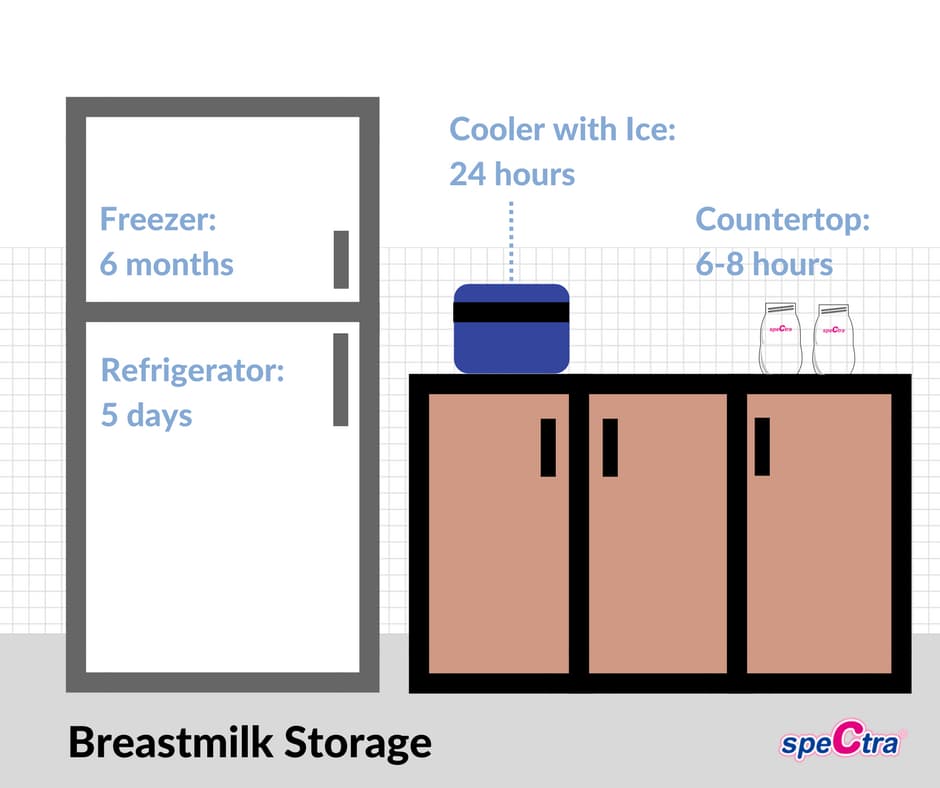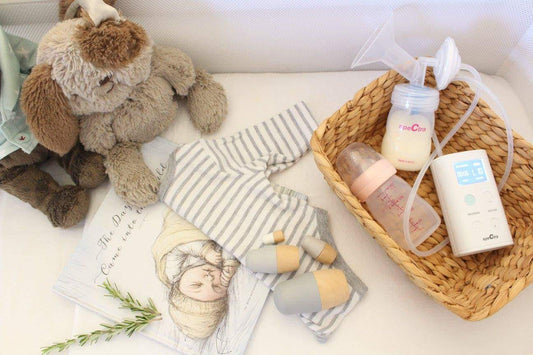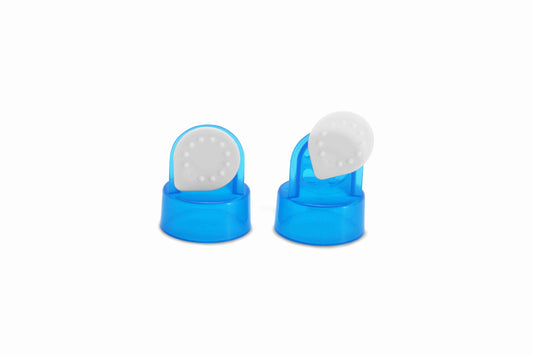Store breastmilk at room temperature up to 8 hours
At room temperature (26ºC or lower) you can store fresh breastmilk for up to 8 hours. Previously frozen breastmilk can be stored for up to 4 hours.

Store breastmilk in the refrigerator up to 5 days
Fresh breastmilk can be stored ideally for 3 days and up to 5 days in the refrigerator (after 5 days, move fresh breastmilk to the freezer). Previously frozen milk can be kept in the refrigerator for up to 24 hours. Store breastmilk in the back of the refrigerator, where it is coldest.Store breastmilk in an insulated cooler bag for up to 24 hours
If you have an insulated cooler bag, you can store freshly expressed breastmilk in it for up to 24 hours provided you use frozen ice packs. We recommend keeping the ice packs in contact with your breastmilk at all times, and limit the amount of times you open the cooler bag. Transfer to a refrigerator as soon as possible.
Store breastmilk in the freezer up to 6 months
In a regular freezer (–18°C), which is separate from the refrigerator and has its own door, you can store fresh breastmilk for up to 6 months. Do not refreeze previously frozen breastmilk. Tip: Has the power gone out? Breastmilk is still considered frozen if it contains any amount of ice crystals or frozen areas. If you find some of your breastmilk appears to be partially thawed, the presence of ice means it's still below 0°C.

Store breastmilk in a deep freezer up to 12 months
In a deep freezer (–20°C), such as a standalone freezer unit or chest freezer, you can store fresh breastmilk for up to 12 months. Make sure it is set at –20°C or below to obtain a deep freeze. Do not refreeze previously frozen breastmilk.Store breastmilk in a freezer compartment of a refrigerator up to 2 weeks
If your refrigerator has a freezer compartment which is not separate from the main compartment of the refrigerator, then you can store breastmilk in it for up to 2 weeks. Make sure it's set to -15°C or below. Travel tip: These types of refrigerators are often provided with hotel rooms. If you're traveling and expressing breastmilk, call ahead to make sure a refrigerator is set up in your room :)Want more information? We used recommendations provided by the Australian Breastfeeding Association and the US Centers for Disease Control and Prevention to bring you the most up to date storage guidelines. Remember that these guidelines assume a healthy, full-term baby. If your care provider has given alternative instructions for storing expressed breastmilk you should adhere to those.




